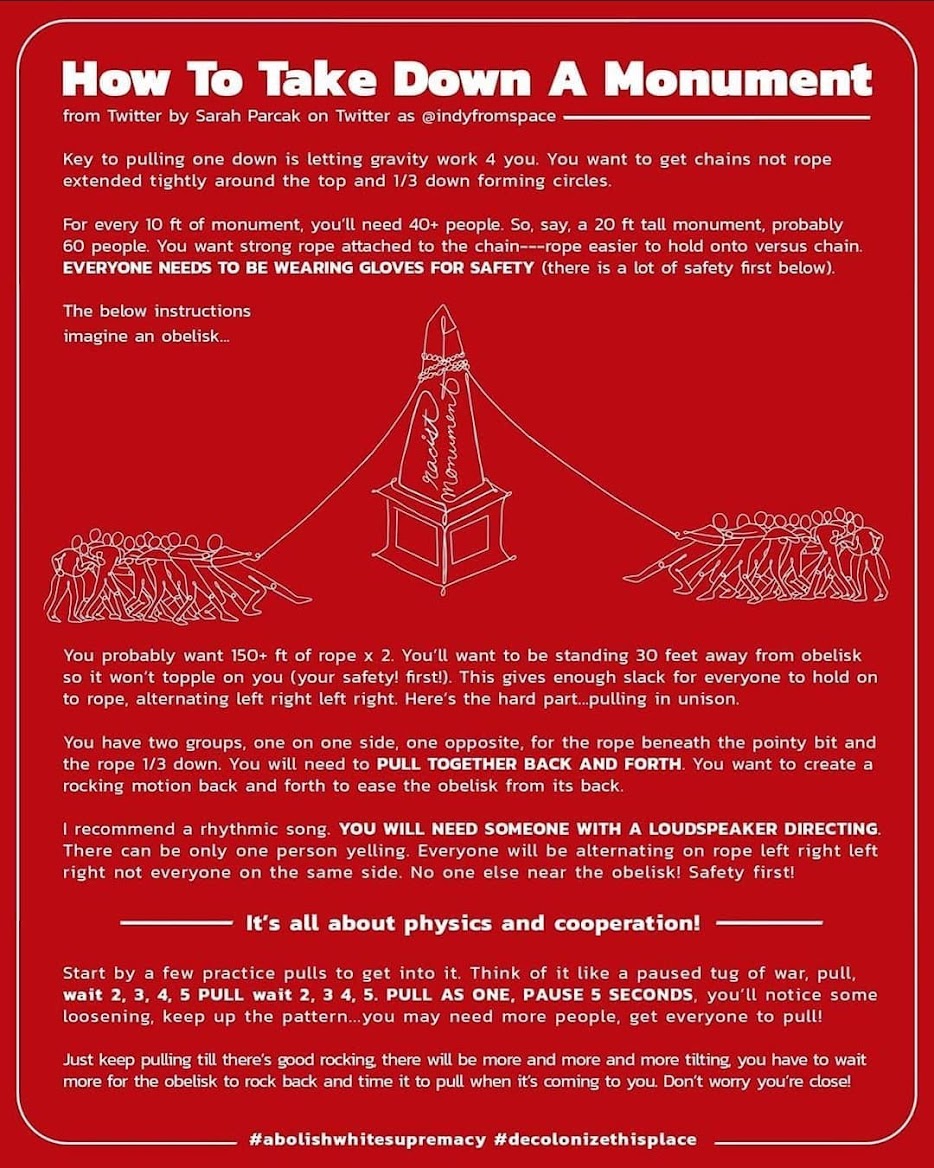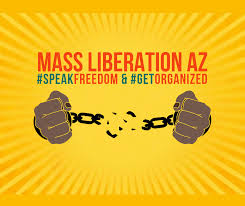Escape slows prison privatization
But its supporters say idea won't be derailed altogether
Tim Steller
Arizona Daily Star
Posted: Sunday, August 29, 2010 12:00 am
The recent escape at a for-profit prison in Kingman has slowed Arizona's rush toward privatizing corrections.
Even one of the Legislature's top supporters of private prisons, Rep. John Kavanagh, says the existing state-run complexes should remain public, not be turned private, as the state has tried to do.
But the fallout from the escape, during which two prisoners are accused of killing an Oklahoma couple, is so far limited enough that supporters imagine continued expansion by prison companies in Arizona.
"This doesn't seem to be a public vs. private issue, which some people want to turn it into," said Kavanagh, a Fountain Hills Republican. "It's a false dichotomy that distracts government from getting the best bang for the buck."
That's good news to fans of private prisons. But critics of the system, including gubernatorial candidate and Attorney General Terry Goddard, say the escapes reveal the flaws with the system of for-profit prisons that now house 20 percent of Arizona's 40,000 inmates. As the debate heats up, they're airing critiques such as:
• Private prisons don't save taxpayers as much money as they say they do because they cherry-pick the cheapest inmates.
• Private prisons use political influence to affect state policies in ways that will benefit them but not necessarily the public.
• Private prisons are more prone to security breaches due to cost-cutting.
• Private prisons have an inherent incentive to boost profits by limiting rehabilitation programs and employee benefits.
Cost comparison
"It's a shame that it took such a dramatic and lethal occurrence to highlight some of the major flaws of privatization, but unfortunately it is a perfect example," said Caroline Isaacs, who directs the local American Friends Service Committee, a Quaker organization that promotes peace and social justice.
The cost savings of private prisons seem apparent on the surface. A study of Arizona's 2007 prison costs by accounting firm Maximus found that, on average, housing an inmate at state-run prisons cost $62.45 per night, compared with $53.71 in private prisons.
But that study showed the cost of housing inmates at a private prison ran as high as $64.28 per night, at the Geo Group's Central Arizona Correctional Facility, which focuses on sex offenders. And the cost at state-run prisons was as low as $51.28 per night, at the state's Winslow Complex, which hosts a mixture of inmates.
The cost measures are biased against state-run prisons, critics said, because most private prisons house minimum-security inmates with few health problems. The contracts the state Corrections Department holds with the prison companies specify what kind of prisoners can enter state facilities.
So, for example, the Marana Community Correctional Treatment Facility, owned by Management & Training Corp., may reject any inmate with even a moderate need for mental-health services. The state must keep those higher-cost prisoners.
In February, when the Corrections Department calculated the cost of public vs. private prisons, it put the rate of housing minimum-custody inmates at $58.80 a night in state-run prisons and $54.78 in for-profit ones. But when the cost of medical care was eliminated, the private prisons cost slightly more: $47.14 vs. $46.87 a night.
Those costs also exclude, of course, the inevitable payment to relatives of the Oklahoma couple officials said were killed by the Arizona escapees and an accomplice.
"Tell me now that the privates are cheaper, now that they've killed two people," said Tixoc Muñoz, president of the Arizona Correctional Peace Officers Association.
But Kavanagh said it's not only the operating costs of the private prisons that count, but also the capital costs - like the cost of building new prisons. Those are very low, said Byron Jackson, the mayor of Eloy and a former officer at a Corrections Corp. of America prison. The company hauls in prefabricated parts and puts them together like a puzzle, he said.
Plus, Kavanagh and Jackson said, private prisons pay property taxes and other local taxes, while state-run prisons don't.
Political landscape
Once established, private prisons work their way into the political bloodstream of the state they're in, said a 2006 study by the Institute on Money in State Politics. Like other industries, private-prison companies hire lobbyists, take influential people out to eat and donate to campaigns.
They also build influential connections in the state's political class, links that are strong in the case of Gov. Jan Brewer. Brewer's campaign manager, Chuck Coughlin, is president of Highground Public Affairs Consultants, a firm that is the registered lobbyist for Corrections Corp. of America, owner of six private prisons in Arizona.
Brewer spokesman Paul Senseman lobbied for CCA as an employee of Policy Development Group in 2007 and 2008, and dined with legislators such as Jim Weiers and the late Jake Flake. Lobbyists for the Geo Group took out Dora Schriro, then state corrections director, three times in 2006 and 2007, records show.
Last session, a lobbyist for Cornell Cos., which has since merged with Geo, argued for a last-minute amendment that would have pushed the state Corrections Department toward a deal with Cornell for more prison beds, records show. Corrections Director Charles Ryan argued that the legislators shouldn't interfere with his management of the prisons.
In the same session, the Legislature approved the possible turnover of all but one state prison complex to any company willing to put up $100 million in cash and assume responsibility for running them. When no suitor emerged, the measure was stripped from the budget bill.
Such influence has been common, the 2006 study found: Between 2000 and 2004, private prison companies, their executives, directors and lobbyists gave $3.3 million in 44 states.
But their power also works in another way - by promising jobs to areas that need them. Former state legislator Pete Rios, a Democrat, found that out when he proposed a law that would have prohibited murderers, rapists and other serious criminals from being brought to private prisons in Arizona from other states. He had trouble with constituents.
"When they say, 'It's better for us than working out in the cotton fields,' you have to listen," said Rios, now chairman of the Pinal County Board of Supervisors.
Corrections Corp. of America employs 2,700 people at its six prisons in Pinal County, making it one of the county's top employers. Starting wages for corrections officers range from $16.50 to $21.39 per hour, company spokesman Steve Owen said.
Security is top issue
None of the debates over costs and political influence is likely to have any significance if the private prisons can't ensure the security of their facilities.
Odie Washington, a vice president of Management & Training Corp., which runs the Kingman prison, wasn't reassuring this month when he refused to guarantee his company's prisons would have no further escapes.
"Escapes occur at both public and private" prisons, he said.
But Arizona's private prisons had a pretty good record until the Kingman incident. Until then, in the last 10 years 20 prisoners had escaped from facilities housing Arizona inmates. Only one was from a private facility - the Geo Group's Florence West prison.
Separately, the Corrections Corp. of America prisons here, which don't house Arizona inmates, had three escapes.
Sen. Bob Burns, a longtime private-prison advocate and the outgoing state Senate president, put the responsibility for the Kingman escape on the Arizona Department of Corrections. The state, he noted, had five employees at the Kingman prison to provide oversight, but they didn't report the problems with the perimeter alarm system that likely let the prisoners escape.
Also, the state Corrections Department audited the Kingman prison as recently as March and didn't catch the perimeter-security problems or a host of other issues that a security review found after the escape.
The department is conducting an internal review.
No beds, no profit
Critics of the private-prison system say the companies have perverse incentives to keep beds full and to cut costs.
"If we have an empty bed, it's a savings," said Muñoz, the head of the corrections officers union. But for the private prisons, he said, "An empty building is like an empty hotel. No beds rented, no profit."
For that reason, Muñoz said, private prisons don't have an interest in rehabilitating or training prisoners. In addition, he said, private firms skimp on employee training and suffer from constant turnover. Jackson, the mayor of Eloy, acknowledged that many new private prison recruits find the job isn't to their liking.
But three former Kingman prisoners now living in Tucson raved about the offerings at the prison. It offered ample religious services, job training and educational classes, said Tracy Kovach. And each completed program was celebrated with a graduation ceremony, Kovach said..
Management & Training Corp. "was absolutely a blessing for so many people," Kovach said. "They actually made the guys feel like they're doing something with their lives."
Isaacs, of the American Friends Service Committee, wasn't impressed.
"They may have had a great GED program," she said, "but their alarms don't work."
Contact reporter Tim Steller at tsteller@azstarnet.com or 807-8427.









No comments:
Post a Comment